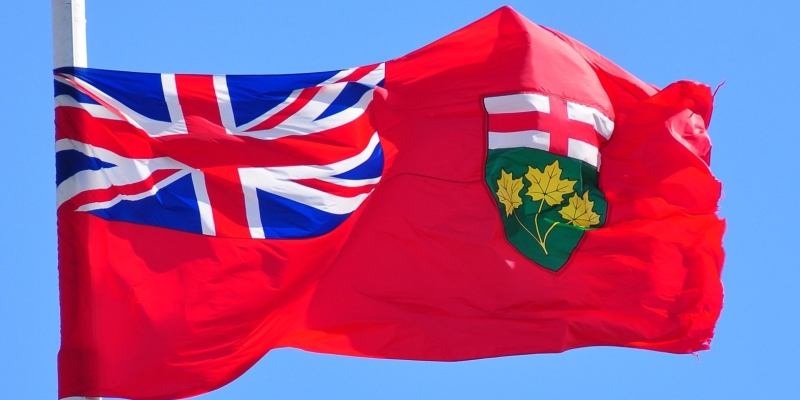Ontario's economic challenges go beyond the deficit

Since taking office, Premier Ford has emphasized the need to curb government spending. The premier has, for example, promised a line-by-line audit of spending.
This is good news. A disciplined approach to expenditures is necessary for the government to return to a balanced budget. It’s critically important, however, that such initiatives be viewed as first steps in part of a broader reform initiative designed to drive economic growth.
To understand why Ontario needs a transformative policy agenda beyond a renewed commitment to spending discipline and balanced budgets (as important as they would be), one need only look at Ontario’s recent economic history.
Recently, the Fraser Institute published a study assessing Ontario’s economic performance over the past decade. The results weren’t pretty. On real economic growth (per person), the broadest overall measure of economic progress, Ontario ranked 7th out of the 10 provinces. For private-sector job creation, Ontario ranked 8th. And when it comes to growth in inflation-adjusted household income, Ontario finished dead last.
New competitive pressures from the United States further strengthen the case for policy reform. At the federal level, the Trump government recently introduced sweeping business tax reforms, which wiped away a tax advantage Ontario’s firms used to enjoy relative to U.S. peers.
So what should a transformative policy reform look like?
A first step could be to counter American business tax reform with corporate tax relief of our own at the provincial level by lowering Ontario’s general corporate income tax rate. Such tax relief could be “paid for” at least in part by removing existing corporate subsidies. A low rate environment for all firms is better for growth, and more attractive for investment, than an environment with higher rates offset in some industries by government grants, advantageous loans and other favours.
And, in what will perhaps come as a surprise to some, corporate income tax relief is an effective strategy for putting money in the pockets of middle-income Ontarians—not just the well-to-do. Extensive research shows that corporate income tax reductions tend to result in higher wages for firms that benefit from them. Creating a competitive corporate tax environment is not a “handout to the rich.” It’s a smart strategy for attracting investment, creating jobs and bolstering middle-class wages.
Beyond tax policy, there’s an urgent need to get electricity prices under control. Ontario once benefitted from some of the lowest power prices on the continent—that advantage has now been reversed, as Ontarians struggle with their hydro bills while firms in key sectors struggle to survive amid high electricity prices. Band-Aid responses such as the last government’s “Fair Hydro Act,” which essentially borrowed money from future Ontarians to pay down hydro bills today, won’t be enough and actually may cause as many problems as they solve. On the hydro file, like so many others, bigger thinking is needed.
The Ford government is right to set its early focus on eliminating unnecessary expenditures, and reducing the size of government where prudent. The government must also recognize, however, that a much broader transformative reform agenda is needed. Ontario ranked near the bottom of the pack for economic performance from 2007 to 2016—a different policy approach is needed for the province to retake its historical place as one of Canada’s leading economies.
Author:
Subscribe to the Fraser Institute
Get the latest news from the Fraser Institute on the latest research studies, news and events.

